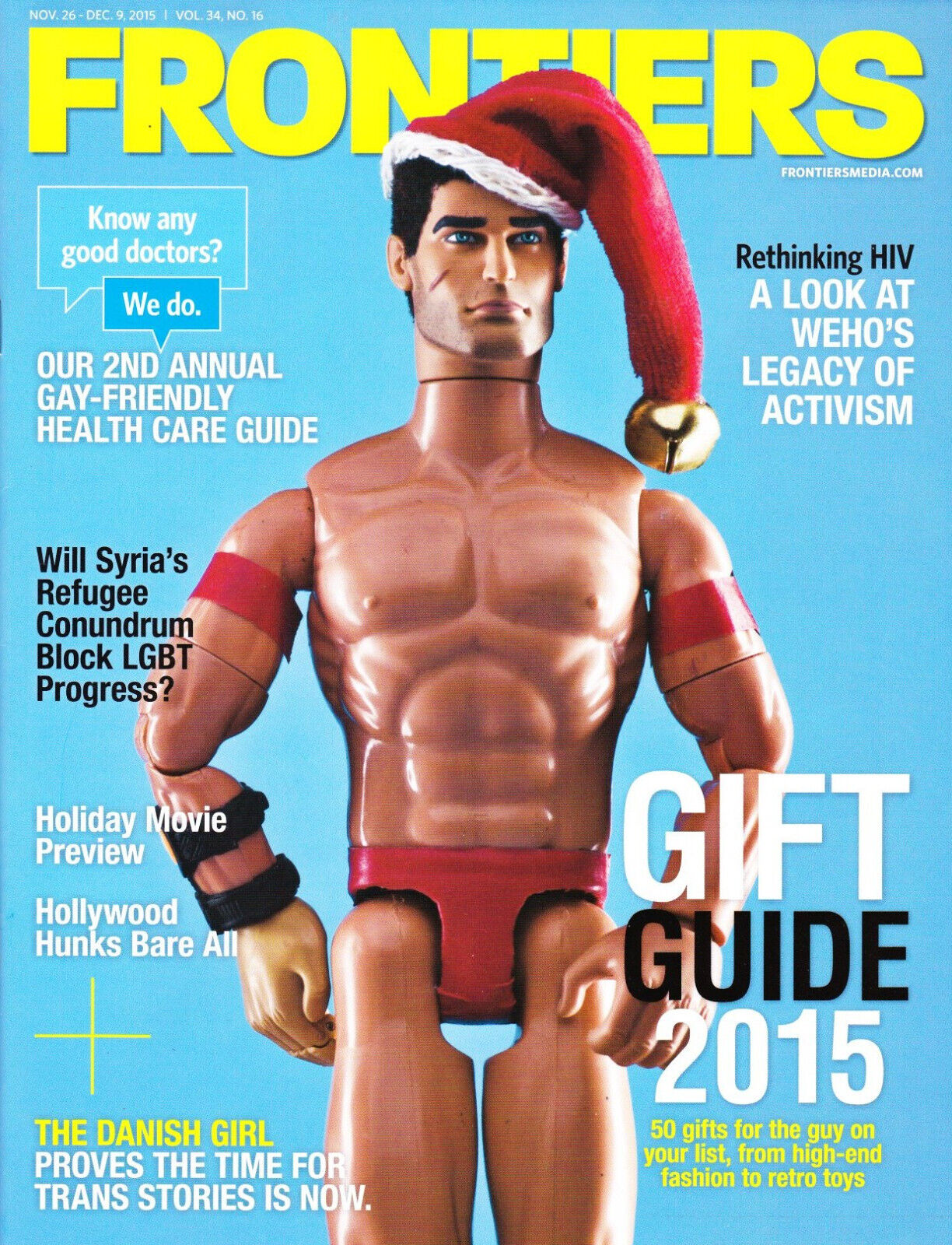Frontiers Magazine (Prior revision dated Saturday 16 September 2023 03:20:06 -- @180)
Frontiers, a trailblazer in the field of LGBTQ+ journalism, originated amid the vibrant societal turbulence of 1981 Los Angeles. Conceived by the enterprising minds of Bob Craig and David Stern, this biweekly publication endeavored to provide a voice for the often marginalized LGBTQ+ community and swiftly became synonymous with the struggle for rights and acceptance, providing a beacon for the progressive cause.
Frontiers represented a powerful and candid platform that underscored the socio-political realities, triumphs, and tribulations of the LGBTQ+ community. The magazine served as a critical link between the constantly evolving public sentiment and the ground-level realities within the community, lending invaluable insights into a wide array of topics concerning human rights, sexuality, health, politics, and culture.
Broad in its scope, yet laser-focused in its approach, Frontiers navigated myriad subjects. Detailing the community's battles with HIV/AIDS, advocating for same-sex marriage rights, highlighting the fight for broader societal acceptance, and giving exposure to emerging LGBTQ+ artists and their works, the magazine was unyielding in its mission, earning its place as a pivotal player in local and national dialogues.
In addition to probing narratives and articles, Frontiers bolstered its content with exquisite visual dimensions. Unafraid to illuminate the full spectrum of LGBTQ+ lifestyles, portraits of real individuals paired with spotlight features on notable personalities were chronicled amidst a cascade of colorful photography, contributing to the magazine's overarching narrative of diversity and authenticity.
Distinct from other LGBTQ+ publications of its time, Frontiers nurtured a symbiotic relationship with its audience, harnessing reader-generated content to drive dialogues. The magazine's acclaimed 'Letters to the Editor' section served as a cherished conduit for readers to voice their opinions, share personal narratives, and dialogue with fellow members of the community. This interplay fostered a sense of belonging, fortifying Frontiers' identity as a communal platform.
Beyond its editorial accomplishments, Frontiers was commendable in its commitment to the business side of publishing. It aggressively pursued advertising relationships with prominent LGBTQ+ friendly businesses, thereby sustaining its financial stability in an era when LGBTQ+ publications often struggled to remain viable.
From its inception in 1981 until ceasing publication in 2016, Frontiers was much more than a magazine - it was an instrument of discourse, a microphone for the voiceless, and a testament to the resilience and evolution of the LGBTQ+ community throughout changing times. Its indelible legacy remains etched into the annals of advocacy journalism.{{Categories}}